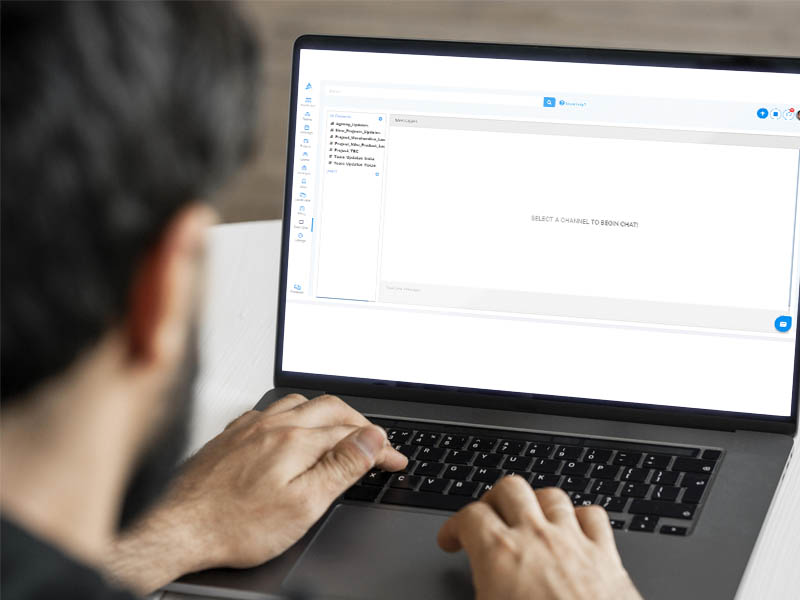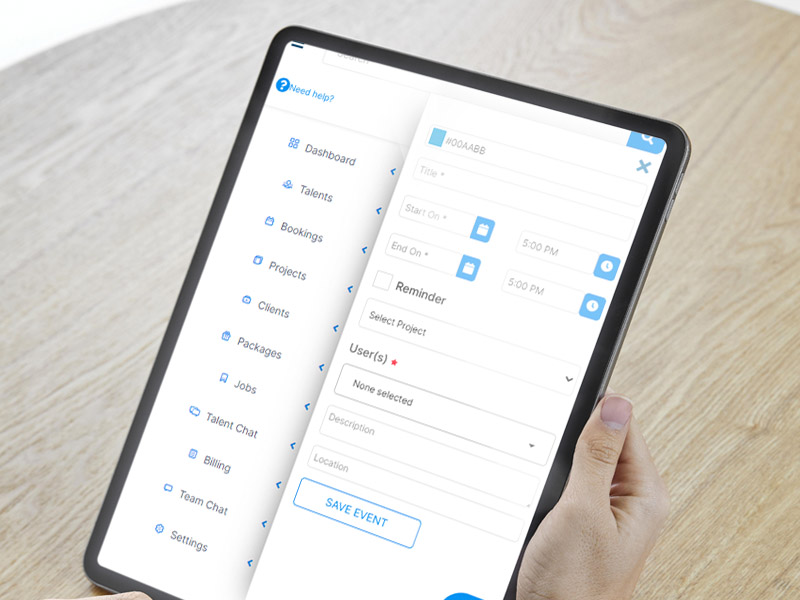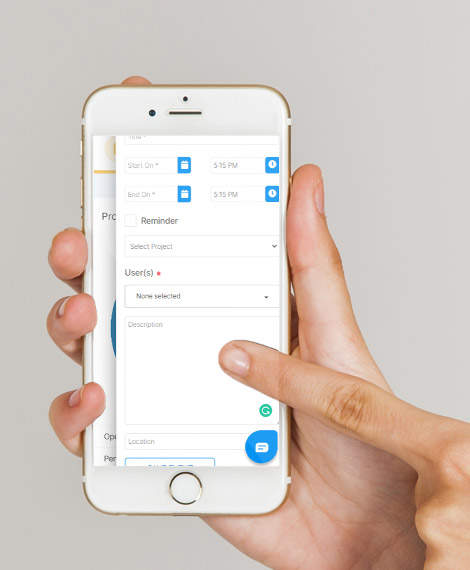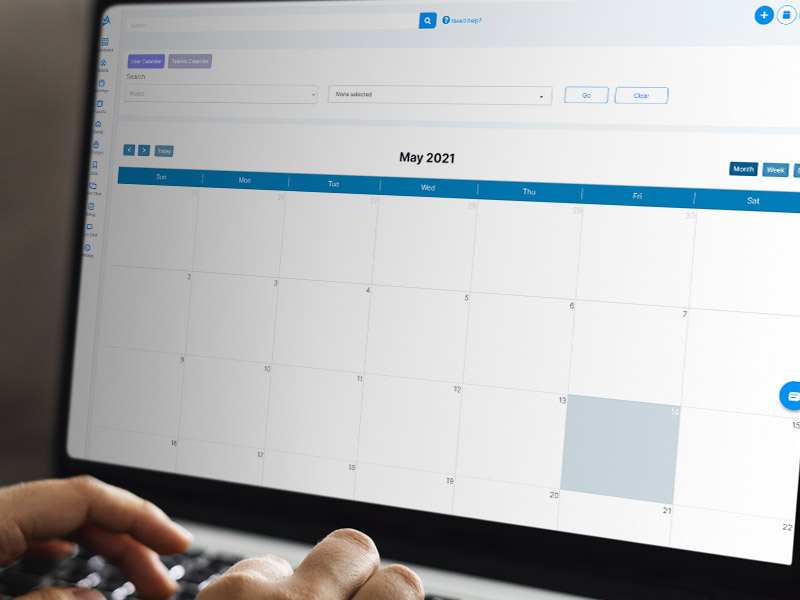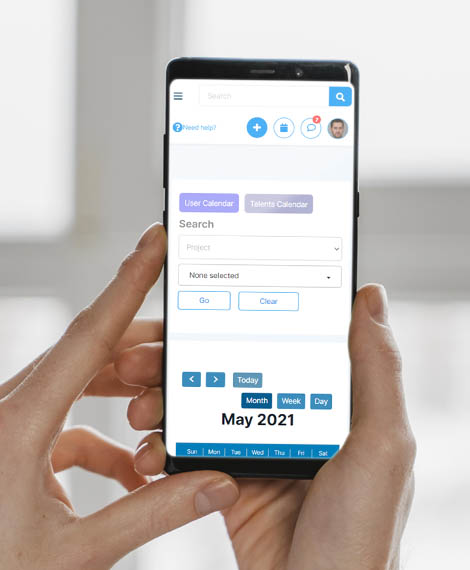
#2. Tackle Your To-Do Lists With The ‘Users’ Filter
The ‘Users’ filter in StarAgent Calendar helps everyone from your team to visualize their day’s work by showing all tasks assigned to them for a selected day and when they are due. The easiest way to build trust and accountability using this is just to finish the tasks off within the exact date and time they are due.
The experts at StarAgent recommend everyone to start their day visualizing tasks this way in the Calendar view. If someone finds that he/she has overdue tasks or won’t be able to get to work on a particular task a day, the person can connect with you through inbox and let you know that he/she needs more time.
As a manager, we know you will definitely appreciate such heads up.😊
